A good household cleaner can save you lots of elbow grease. So two good household cleaners together will be even more effective, right? Not necessarily. In fact, mixing different cleaning products can be downright dangerous. So, before you get creative and start cooking up your own cleaning recipes, it’s wise to check the ingredients and find out how they will react with other substances. Here are some cleaning products you should never mix together and what can happen if you do.
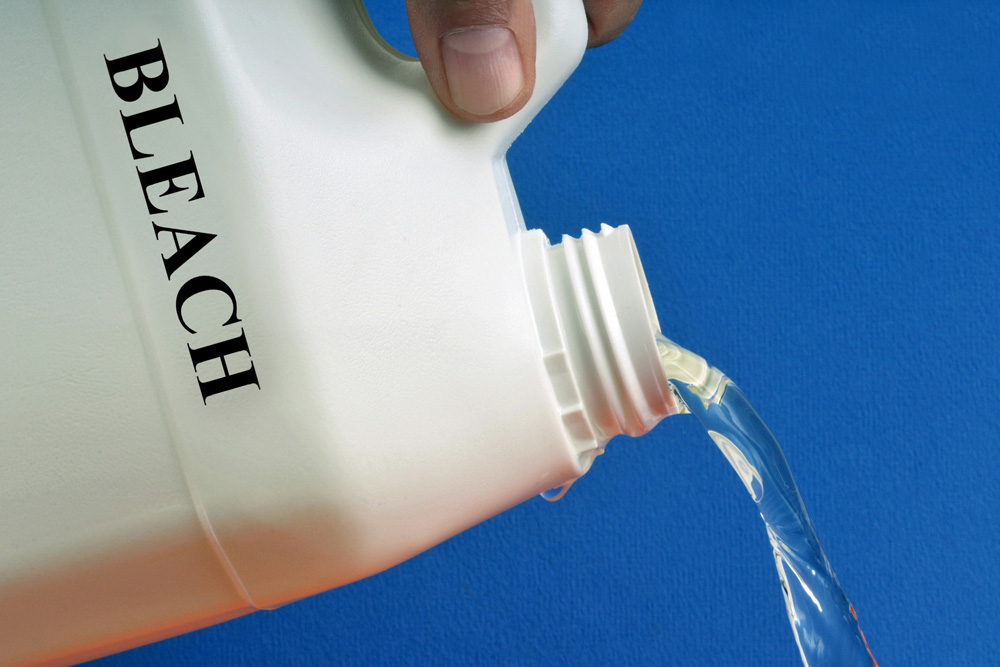
Bleach and Ammonia
Bleach and ammonia create chloramines. Chloramines have that pungent smell that you get in swimming pools. They can cause respiratory problems, like sneezing, congested sinuses, coughing, shortness of breath, choking and asthma. They can also irritate your eyes and throat and if you’re exposed to large quantities, they can kill you.
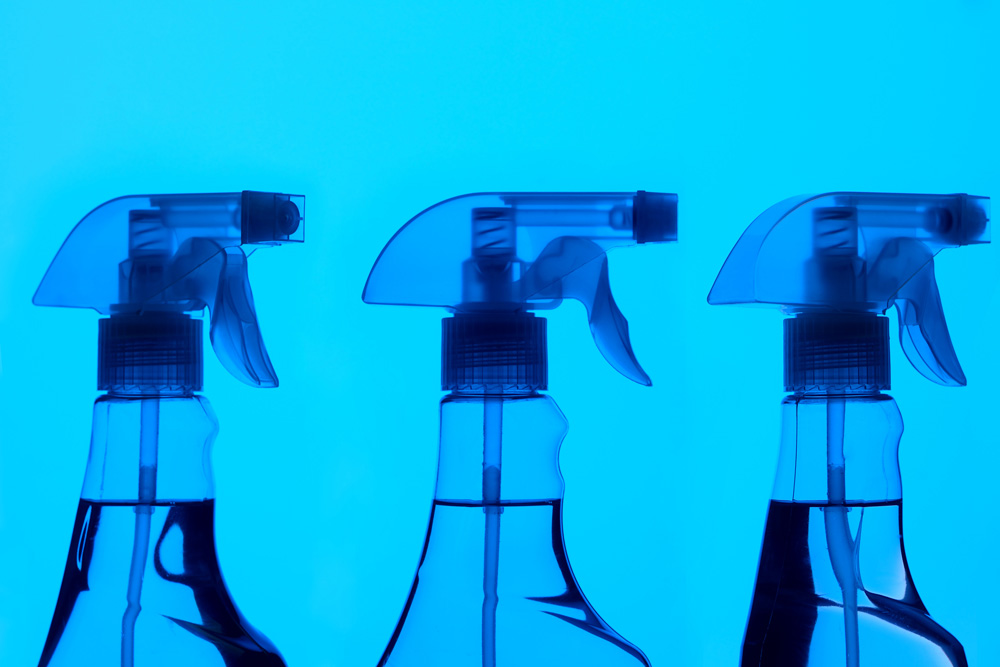
Bleach and Ammonia
Most commercial cleaning products contain either bleach or ammonia, so always check the ingredients before you use them. Ammonia is used in just about any kind of cleaner, from tile cleaner to pet stain remover. All-purpose cleaners usually contain ammonia too, as do disinfecting sprays like Lysol. When you use the products, open the windows for good ventilation.
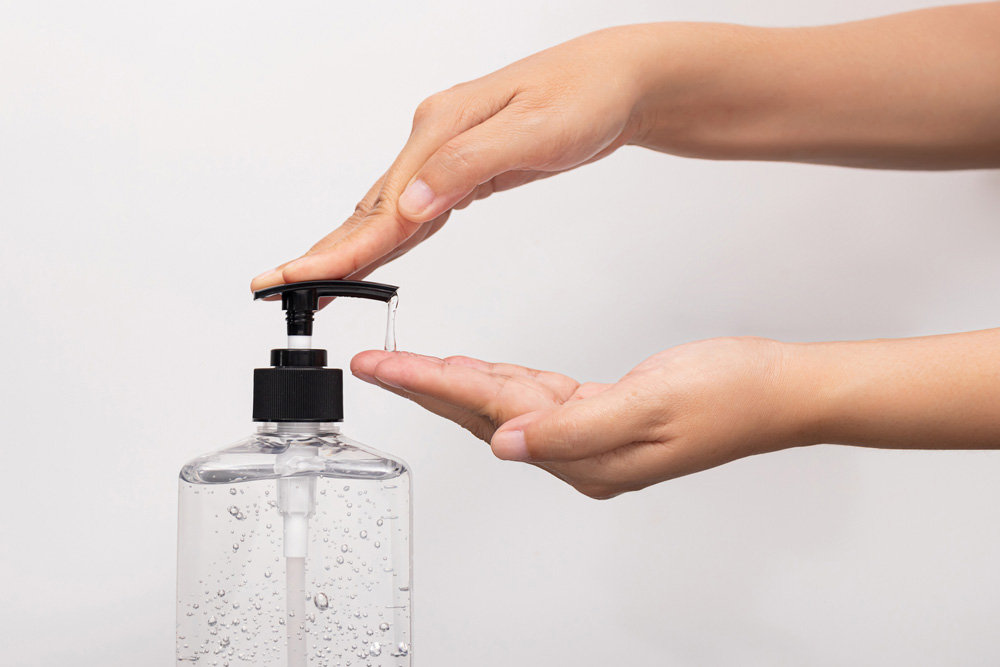
Bleach and Rubbing Alcohol
Rubbing alcohol is great for making your own disinfectant wipes and other germ-busting cleaners. However, it’s pretty concentrated. Mix it with bleach and you get chloroform, chloroacetone and hydrochloric acid. Chloroform has a sweet smell, like the disinfectants used in hospitals. Chloroacetone has a pungent smell and hydrochloric acid is odourless.
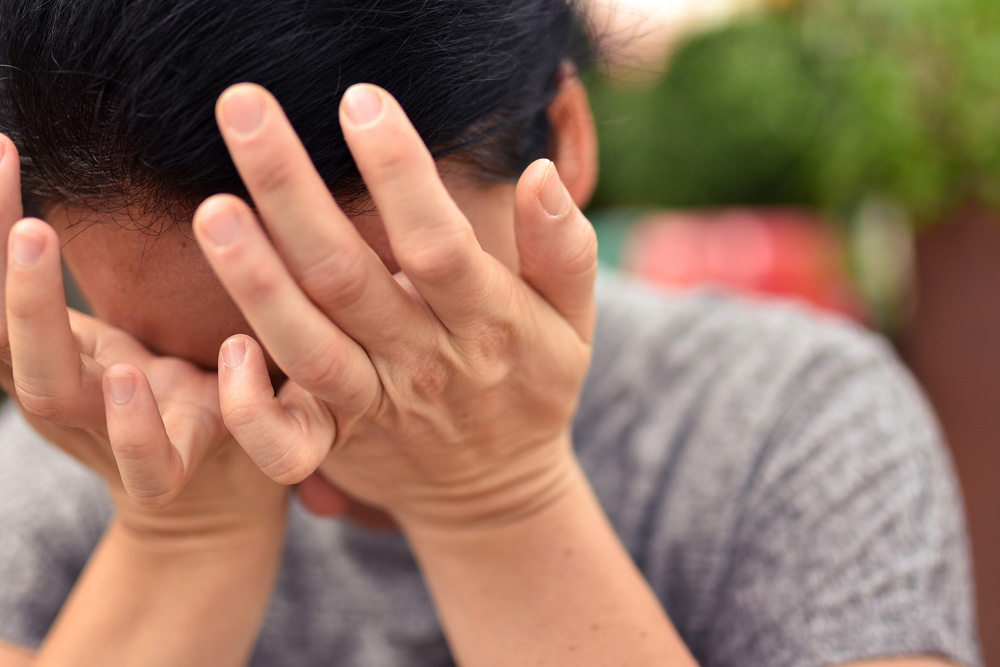
Bleach and Rubbing Alcohol
Chloroform can cause nausea and dizziness, even coma. Chloroacetone and hydrochloric acid can irritate your skin, eyes and respiratory system. In addition to disinfectants, many all-purpose cleaners and degreasers contain rubbing alcohol. To know whether your cleaning product is one of these, check for the words “alcohol”, “isopropyl”, “isopropanol” or “2-propanol”.
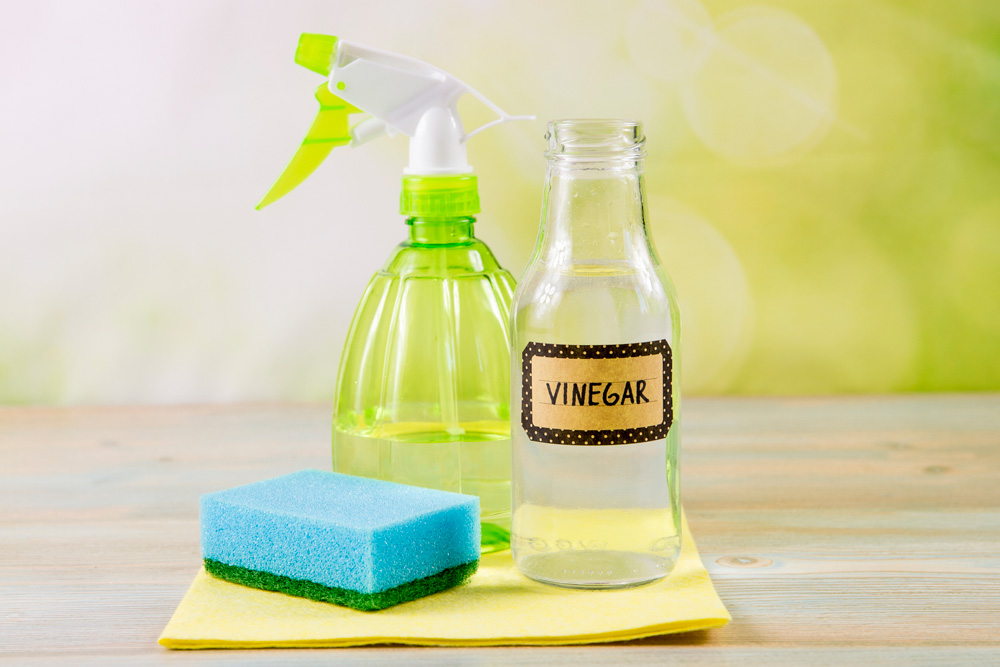
Bleach and Vinegar
Whether you want to clean your oven or get whiter laundry, vinegar is a must-have in your cleaning-supplies closet. However, if you mix it with bleach, it creates the deadly household chemical mixture chlorine gas. This gas has been used as a chemical weapon since the Second Battle of Ypres in World War I, where it affected thousands of Canadian soldiers. The smell is pungent, like strong bleach. It has a yellow-green colour.
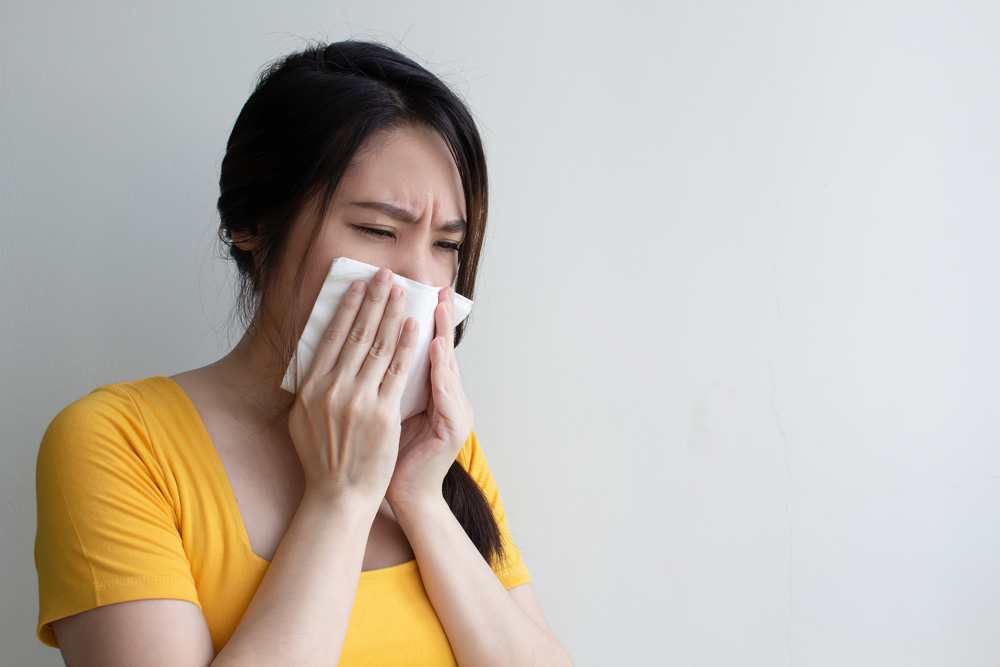
Bleach and Vinegar
Immediate symptoms of exposure to chlorine gas include burning nose, throat, eyes and skin – even blisters – as well as breathing difficulties, coughing, nausea and vomiting. To prevent accidentally creating one of the most dangerous chemical reactions with household chemicals, stick to cleaning with vinegar alone.
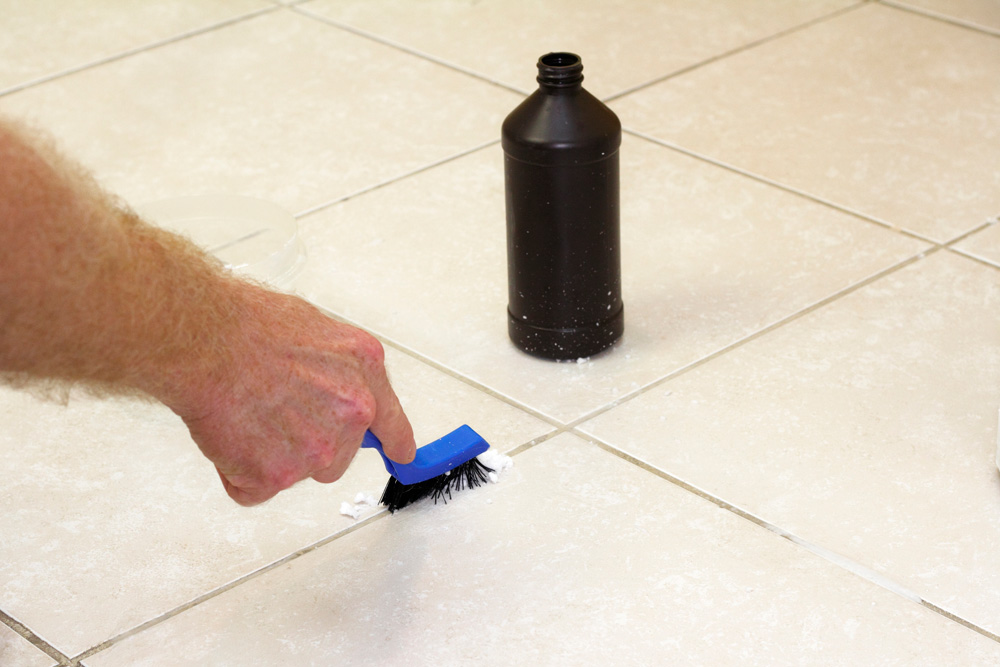
Hydrogen Peroxide and Vinegar
Hydrogen peroxide is a staple in first-aid kits and medicine cabinets. It’s also one of the handiest chemicals used in housekeeping because of its cleaning and disinfecting properties. If you mix it with vinegar, though, you get peracetic acid, which has a strong vinegary odour.
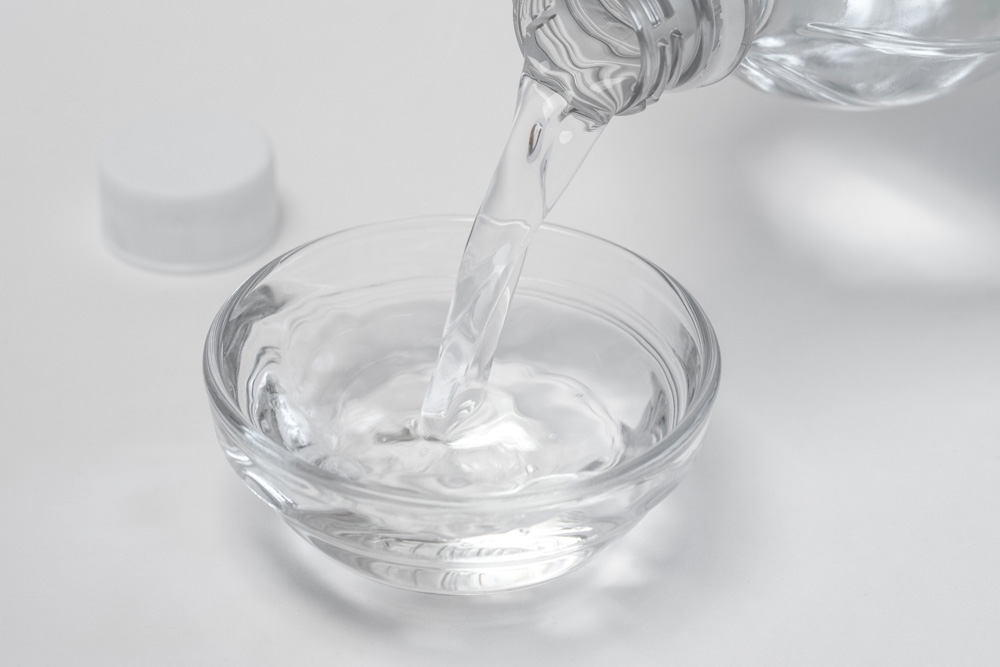
Hydrogen Peroxide and Vinegar
Even in low concentrations, peracetic acid can irritate your skin, eyes and throat and cause respiratory issues. When it’s highly concentrated, it can cause serious chemical burns. While you shouldn’t use hydrogen peroxide and vinegar together, you don’t have to toss either from your cleaning supplies. Just use one, wait for the surface to dry completely and then use the other.

Different Types of Drain Cleaners
A clogged drain can cause all kinds of issues for your home or cottage, from bad smells to a breeding ground for mosquitoes. Cleaning it can be a pain, though, so many people immediately reach for the strongest drain cleaners they can find. However, there are so many different products with different ingredients that you never know what harmful chemical reactions you can cause when you mix them together.

Different Types of Drain Cleaners
Even the most basic drain cleaner of all, boiling water, can become hazardous when you mix it with other drain cleaners. It can react to whatever you’ve already poured down the drain. The result? Chemicals and burning hot water bubbling up and splashing onto your skin. So, to unclog your kitchen sink, try boiling water first and if it doesn’t work, give it time to cool before trying something stronger, like vinegar and baking soda.
Home Network your inbox.
By clicking "SIGN UP” you agree to receive emails from Home Network and accept Corus' Terms of Use and Corus' Privacy Policy.



